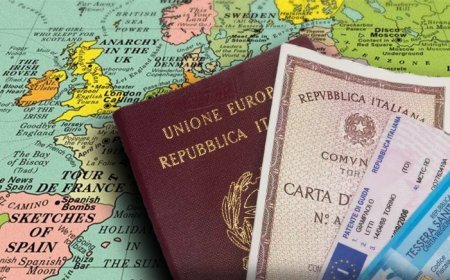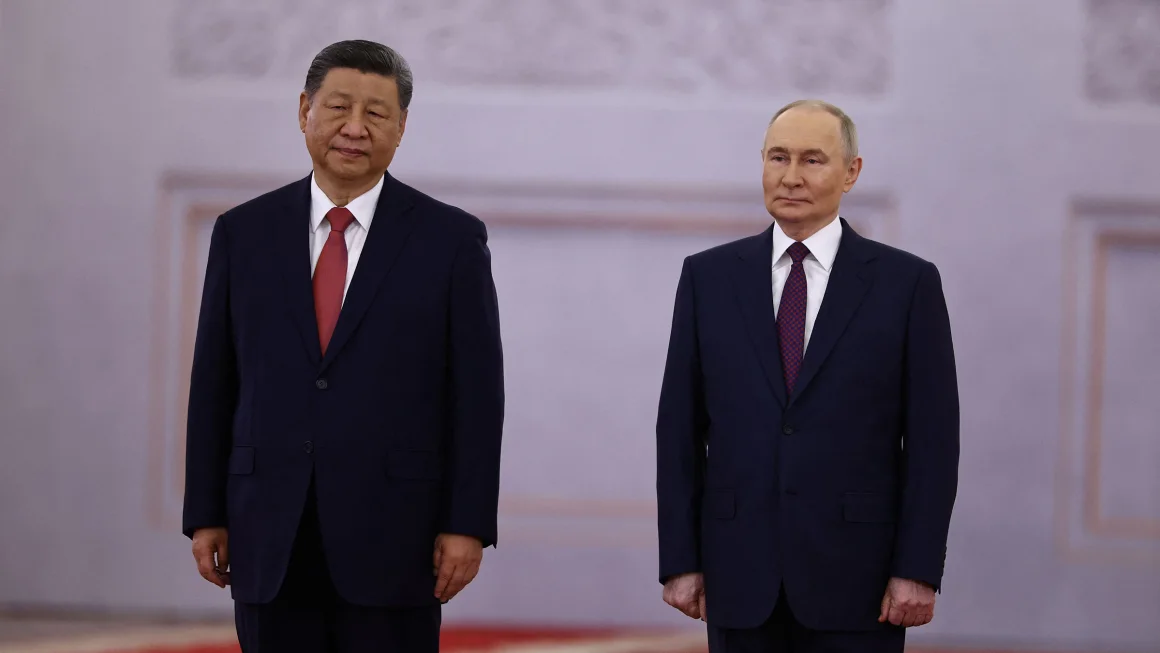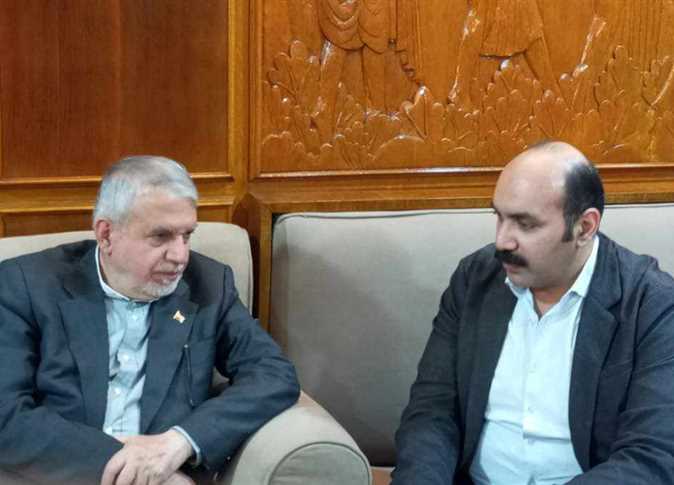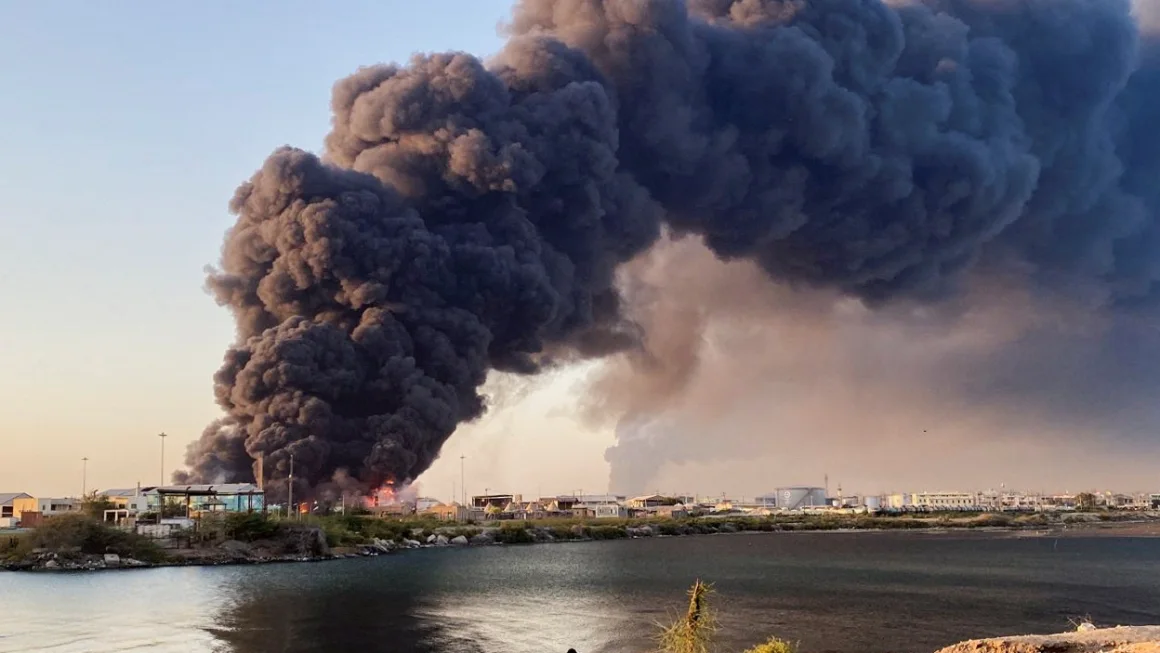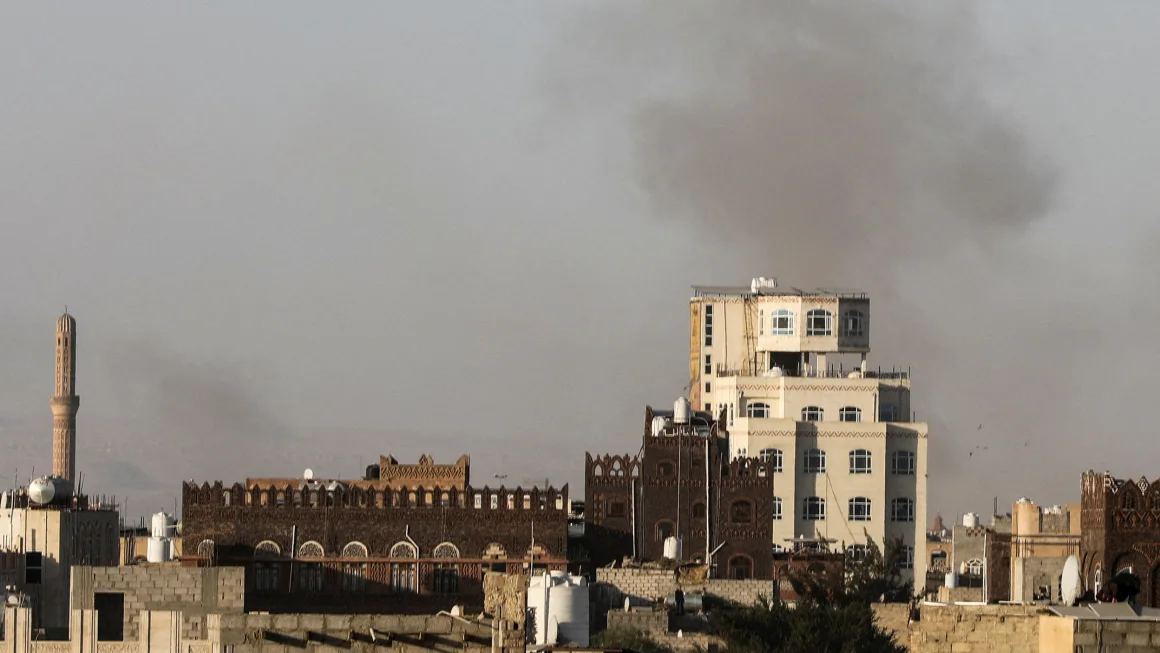After vetoing three prior UN resolutions on Gaza, US sees its own ceasefire proposal rejected
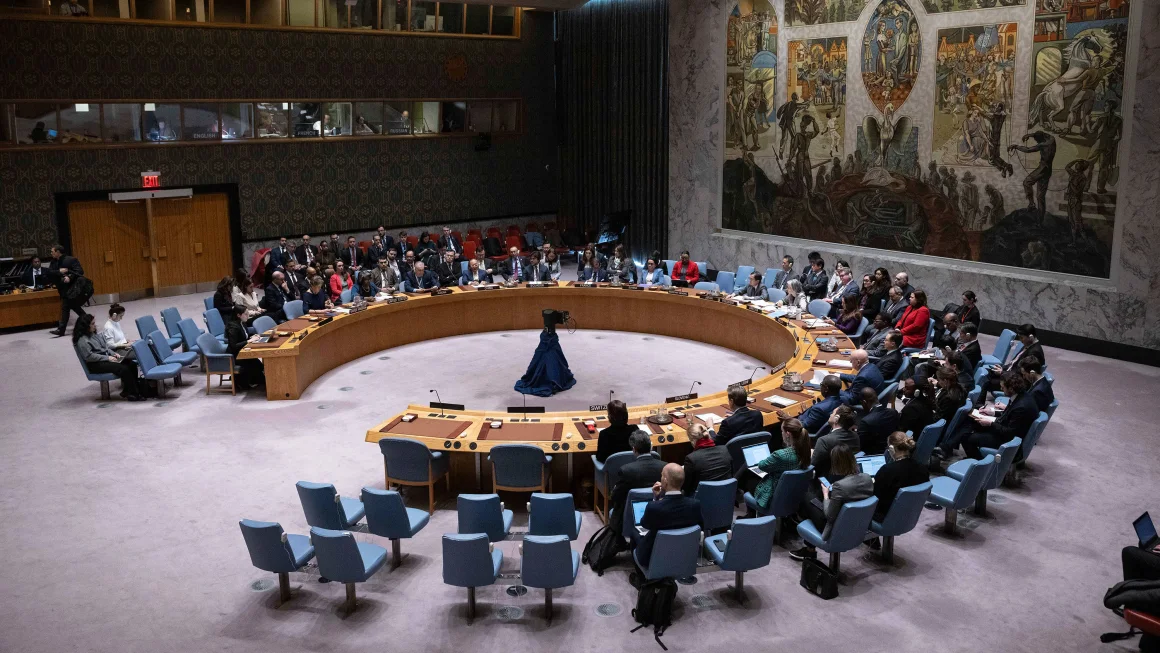
The rejected draft resolution called for “an immediate and sustained ceasefire… in connection with the release of all remaining hostages.” Washington had previously vetoed three prior UN resolutions calling for a ceasefire.
The UN vote came amid resumed hostage talks in Qatar on Friday, and as US Secretary of State Antony Blinken arrived in Israel to meet with Israeli Prime Minister Benjamin Netanyahu as part of an intensive diplomatic push toward a ceasefire.
The US, Israel’s most prominent defender on the world stage, has faced severe criticism in Arab countries and in Europe for its refusal to call for a ceasefire early in the Gaza war as well as its reluctance to translate its verbal criticism of Israel’s conduct to diplomatic action.
Eleven security council members voted for the resolution but permanent members Russia and China, who have veto power, blocked it. Israel Ambassador to the UN Gilad Erdan said the Security Council’s decision “not to condemn Hamas is a stain that will never be forgotten.”
Meanwhile, Algeria – which also rejected the resolution – said the submitted text “was not a clear message of peace, and would have allowed for more Palestinian civilians to be killed.” The US had previously rejected a ceasefire resolution put forth by Algeria.
With the draft resolution, Washington was seeking to recover from international criticism of its support for Israel, experts say.
The resolution included phrasing that the US was unwilling to use before, said Frank Lowenstein, who worked as US Special Envoy for Israeli-Palestinian Negotiations under US President Barack Obama during the 2014 Israel-Gaza war. This referred to an “immediate ceasefire,” which the former diplomat said was likely a bid to bring the US back from months of international “isolation.”
“It gets the US back in line with the international community so we’re not as isolated as we’ve been in vetoing,” he said.
Lowenstein said that Russia and China’s veto was “a blatant effort” to keep the US isolated. “They (Russia and China) are playing politics with the ceasefire, clearly putting their desire to isolate the US internationally ahead of the interests of the Palestinians in Gaza who desperately need a ceasefire,” he said.
The US struck down a draft resolution on October 18 that called for “humanitarian pauses,” which US Ambassador Linda Thomas-Greenfield vetoed as it “did not mention Israel’s right of self-defense.”
The US vetoed a second UN resolution on December 8, rejecting a version put forth by the United Arab Emirates that called for “an immediate humanitarian ceasefire,” as well as “the immediate and unconditional release of all hostages” and “ensuring humanitarian access.”
More recently, US vetoed an Algerian resolution on February 20 that called for an immediate ceasefire, which Thomas-Greenfield said “would put sensitive negotiations in jeopardy.”
Washington’s attitude toward Israel’s war policies gradually changed, however, amid mounting death tolls in Gaza and growing opposition to what American and international observers perceived as the Biden administration’s inability to reign in its Israeli ally.
US President Joe Biden and Israeli Prime Minister Benjamin Netanyahu this month traded barbs in interviews over Israel’s war, and especially about Israel’s planned incursion into Rafah.
The US even sanctioned Israeli settlers in the West Bank, and Biden publicly praised a speech by Senate Majority Leader Chuck Schumer that called for new Israeli elections that would replace Netanyahu.
“I think there has been a gap from day one, a gap between the language and the actions,” said Yossi Mekelberg, an associate fellow with the Middle East and North Africa program at the Chatham House think tank in London.
“But I think gradually, the language and the action are coming closer, closing the gap, millimeter by millimeter.”
If the US resolution had passed, it would have been “the end of giving Israel the carte blanche to do whatever they like,” he said, speaking to CNN before Friday’s vote. “The (strain in) relations between the two countries is unprecedented.”
Lowenstein said the resolution is “a strong signal” to Israel there are consequences to defying the US on its requests for humanitarian aid and against a Rafah incursion. It also meant to get all parties to agree on a ceasefire-hostage deal, particularly Hamas, he told CNN.
The post After vetoing three prior UN resolutions on Gaza, US sees its own ceasefire proposal rejected appeared first on Egypt Independent.
What's Your Reaction?
 Like
0
Like
0
 Dislike
0
Dislike
0
 Love
0
Love
0
 Funny
0
Funny
0
 Angry
0
Angry
0
 Sad
0
Sad
0
 Wow
0
Wow
0




























